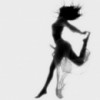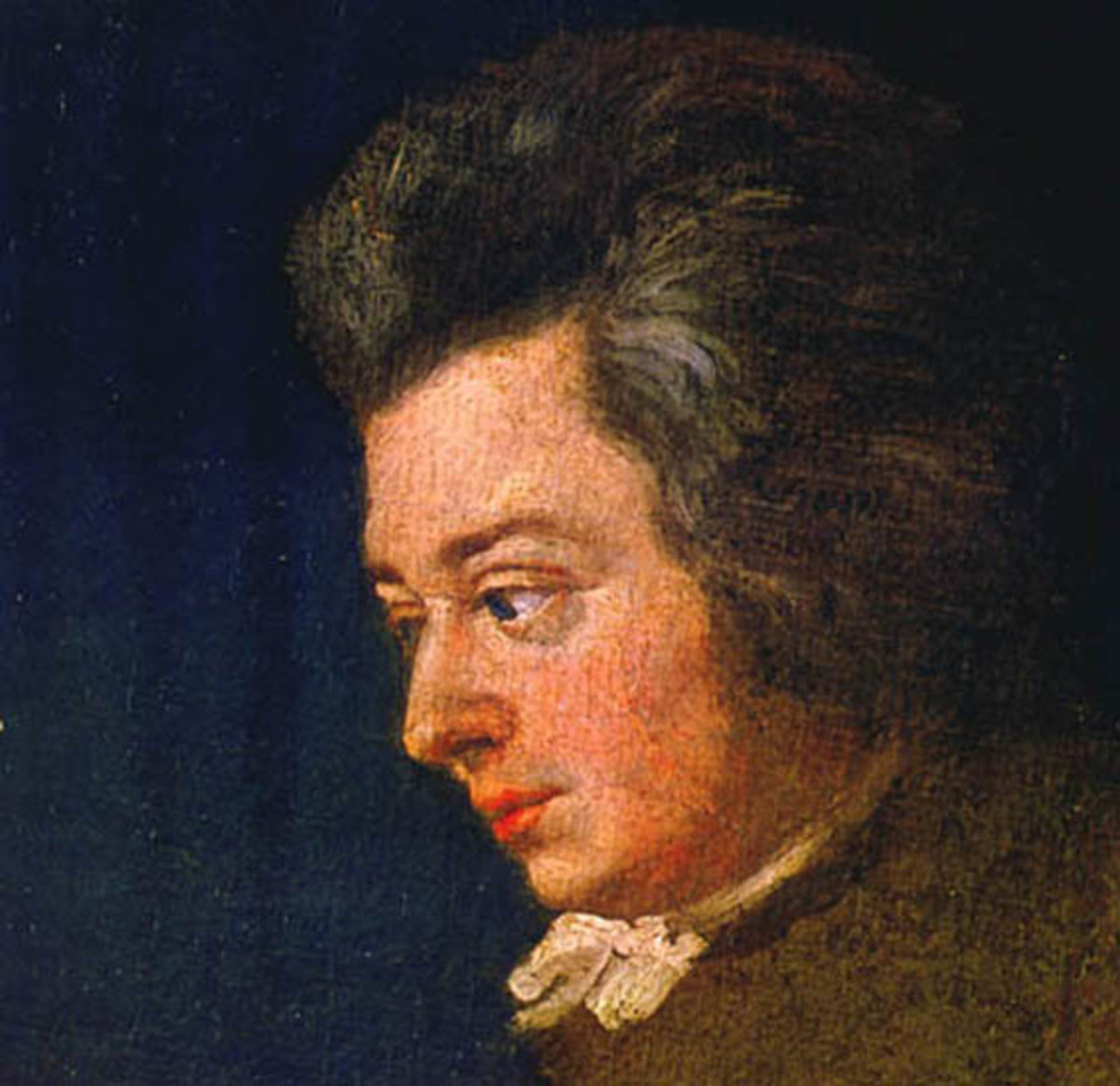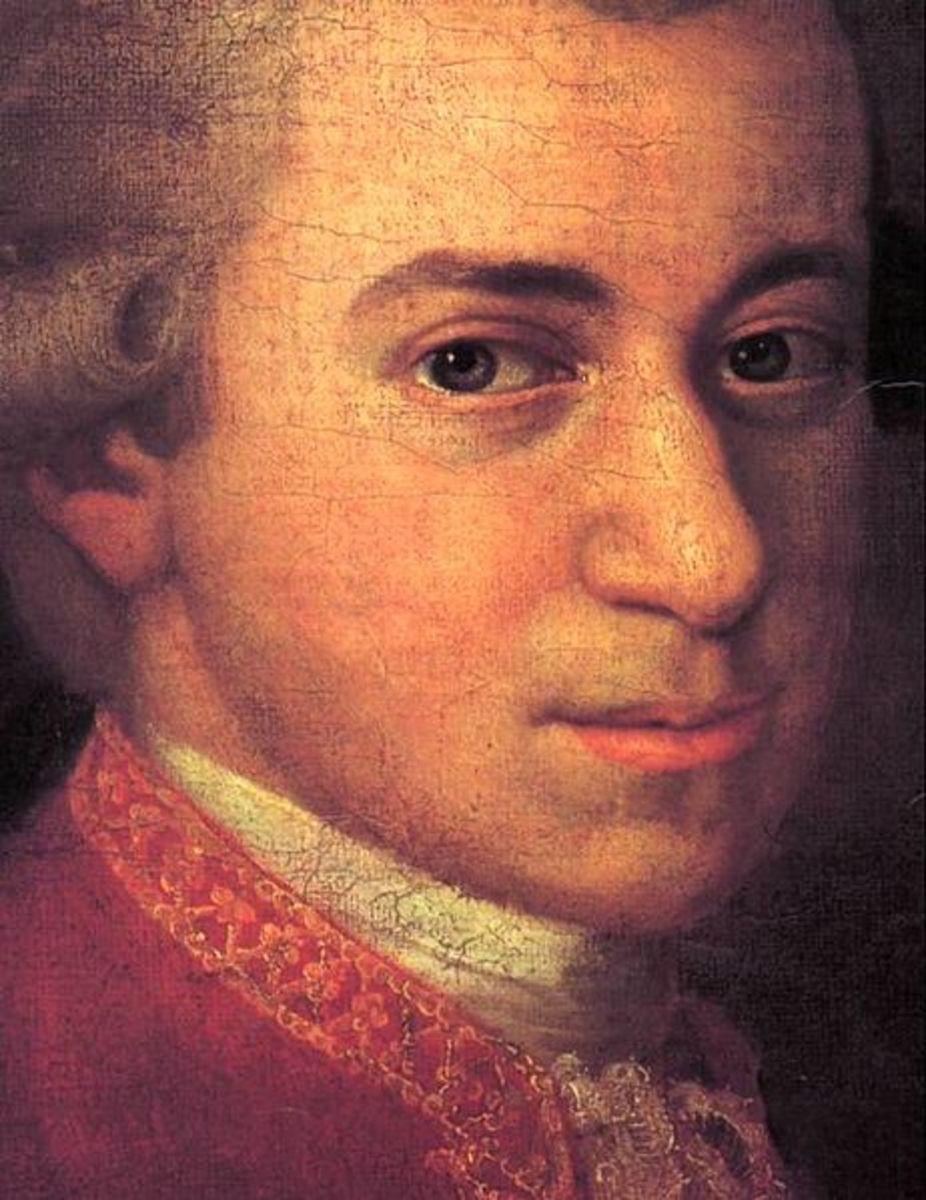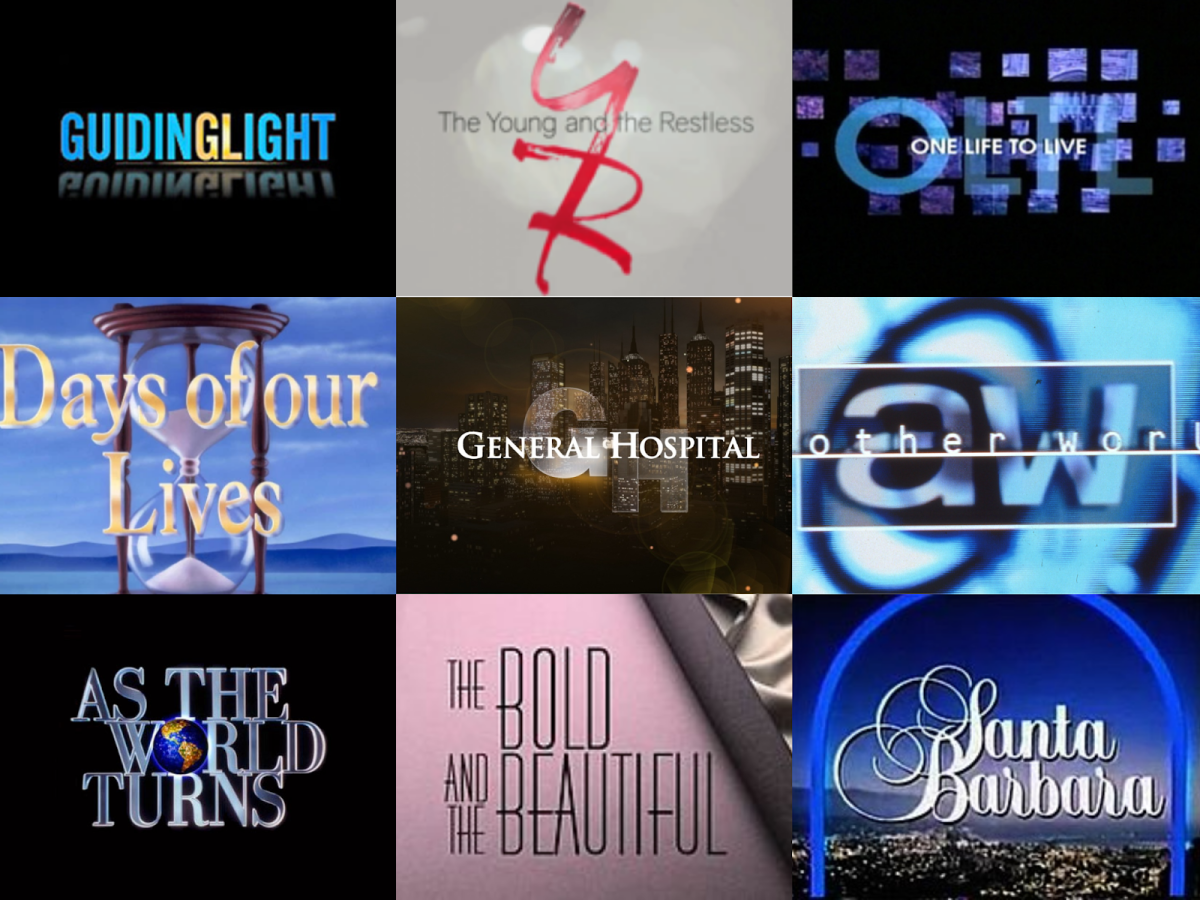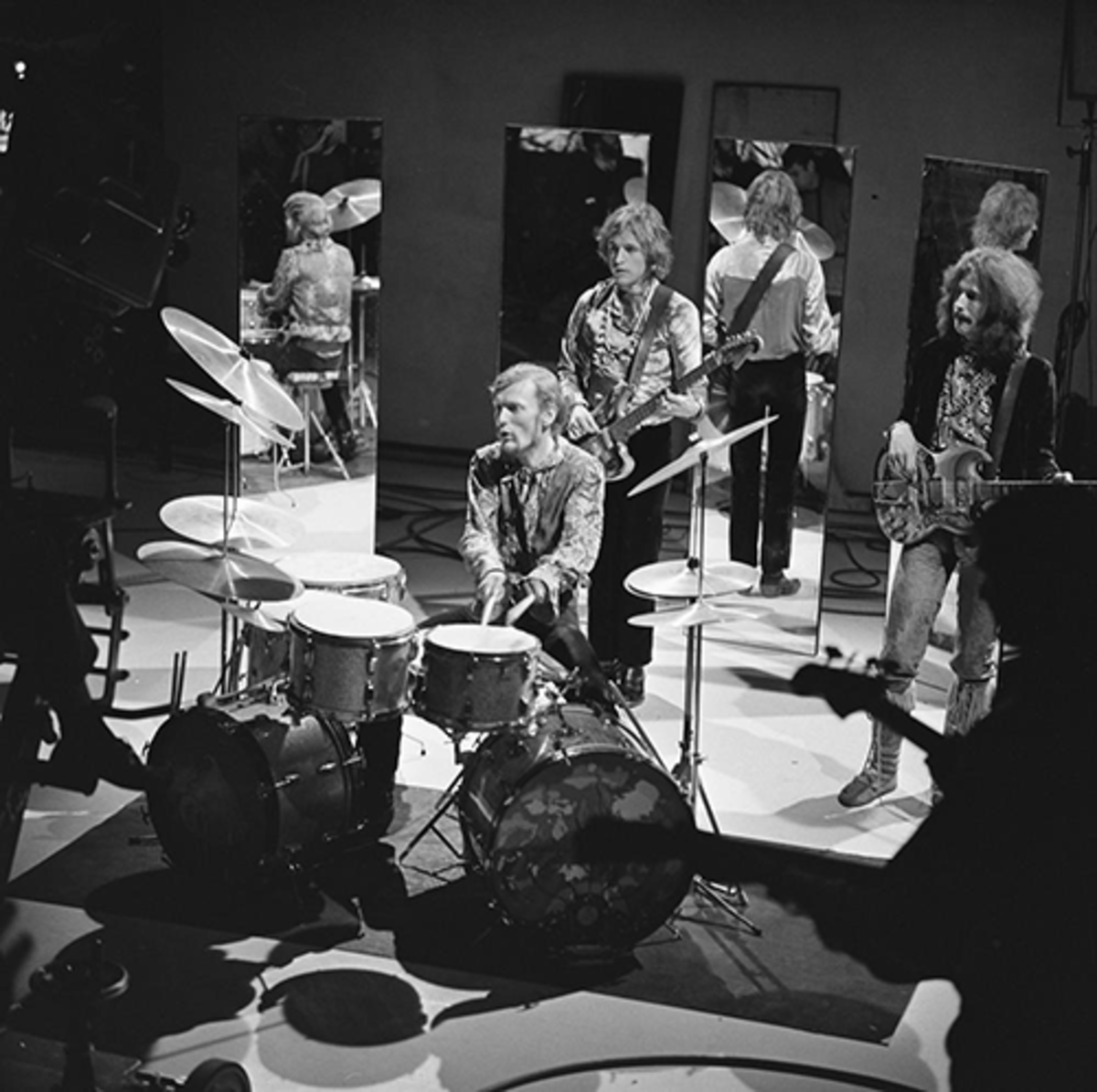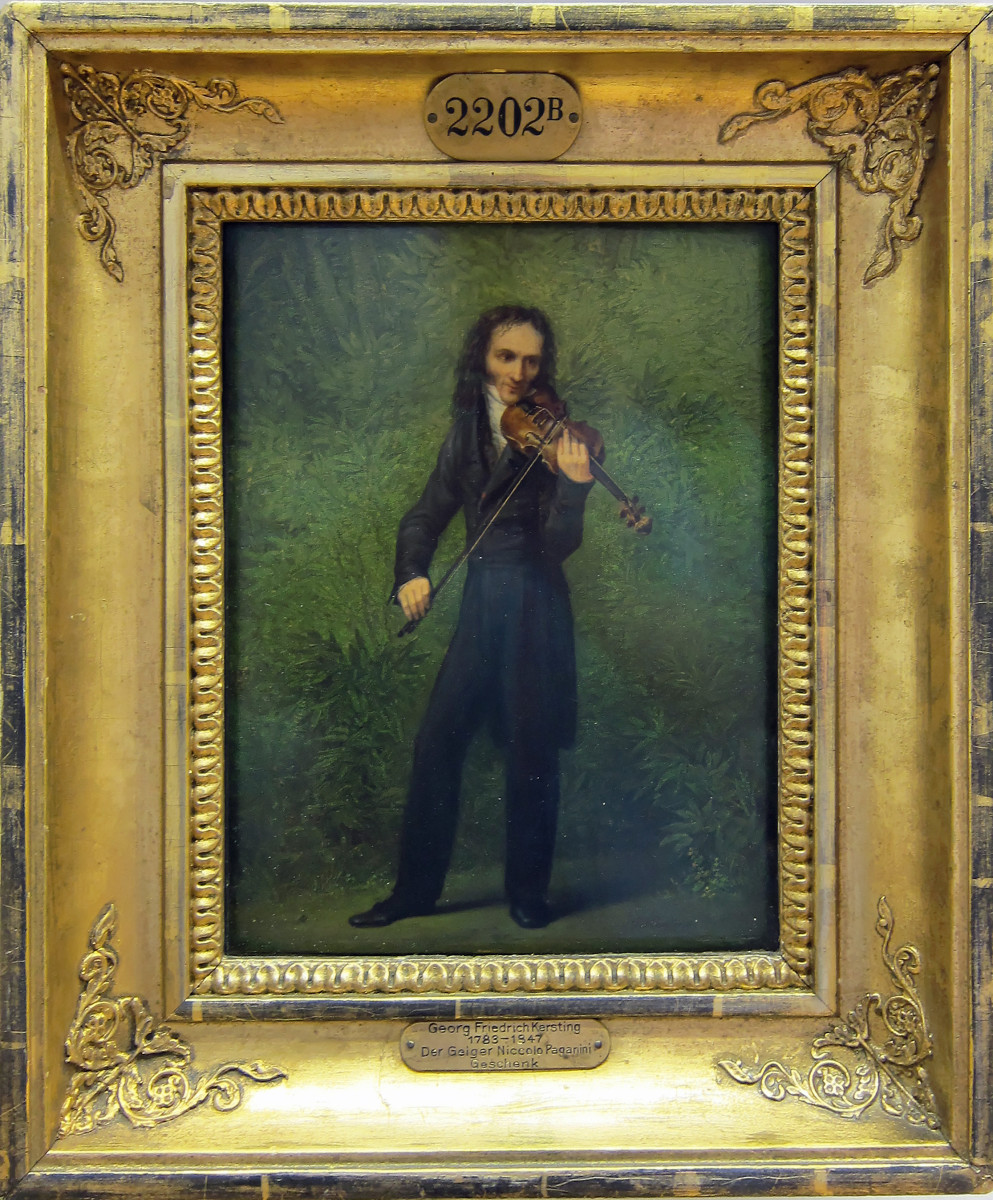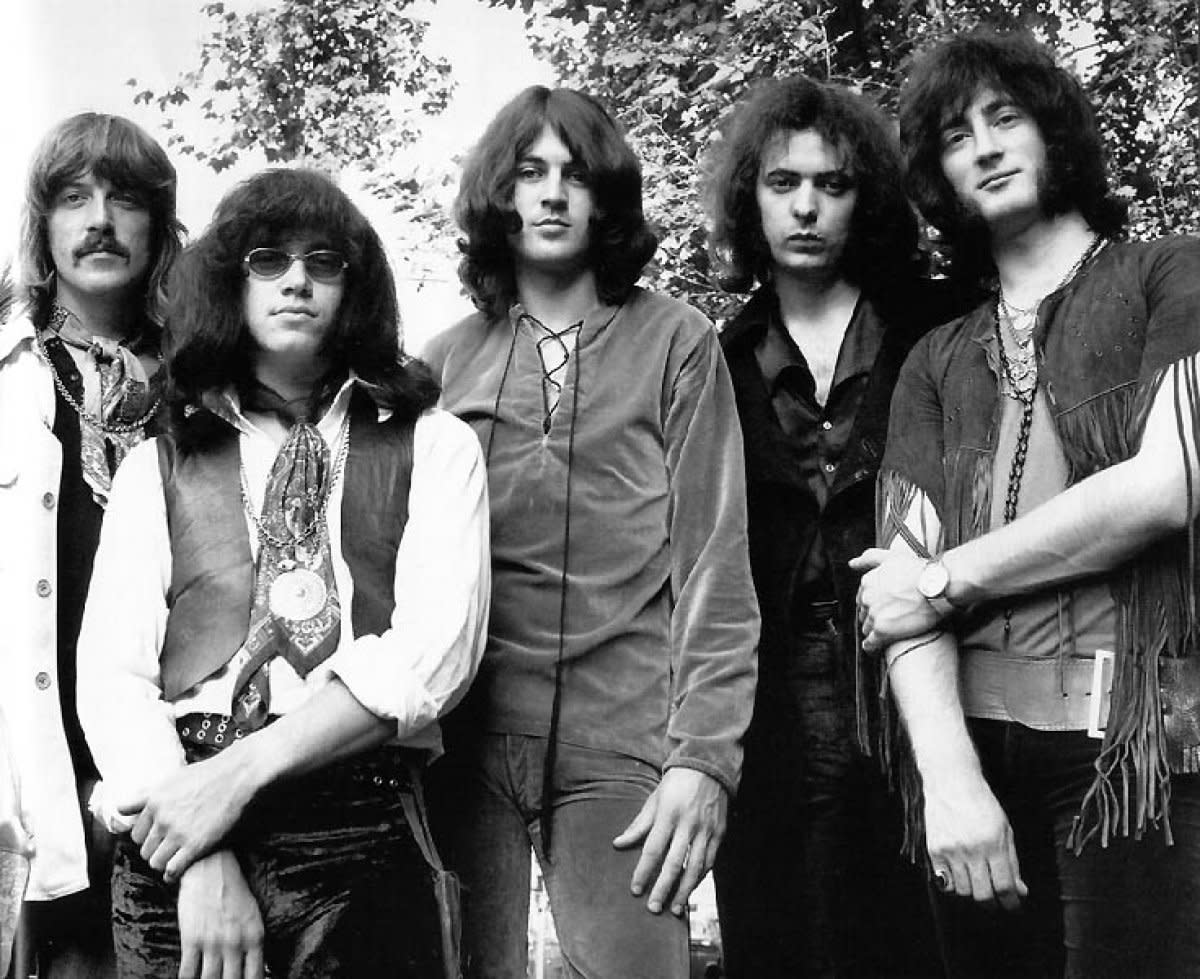OPERA OVERVIEW
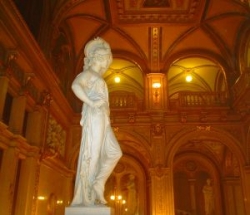
OPERA OVERVIEW: Who - Where - When
Let us first come to a certain definition of this amazing, let me say, phenomenon - OPERA. According to a classical definition, opera (lat. 'opus' - 'work', 'labor') is a drama set to music, which consists of singing with orchestral accompaniment and an orchestral overture and interludes.
But simply speaking, we'll call opera a specific mixture, where theater and music work together and where performers basically have to be actors and singers at the same time. Over hundreds of years it gradually transformed into a real form of art, which is now followed and supported by millions of ardent fans all over the world. It has its critics too, and bears different attitudes. But let's start from the very beginning.
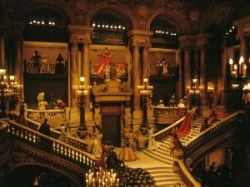
Where It All Began
For catching this ‘contagious disease’ called opera humanity usually blames ancient Greeks. And that seems to be quite logical – they used to have good healthy lungs, enough of free time and thirst for all that’s extraordinary and inconceivable.
Be it as it is, but opera appeared for the first time as a separate genre in the 16th century due to two impresarios from Florence – Giovanni de’ Bardi and Jakopo Corsi. They would normally organize reunions of musicians and poets in the hope to make up something non-standard and exclusive. It was back then when they looked back at the times of ancient Greece with an idea to give a second birth to the activity uniting drama and singing. Naturally, at first the idea didn’t quite catch up with the public: “Why? Who needs that? Are you crazy?” However, over time it emerged into a pleasant entertainment so popular with the masses.
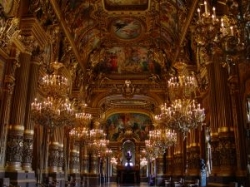
The Development of Opera
According to the records, the first original opera was called Dafne, and was produced at the end of the 1500s. But it was Christoph Gluck, a German composer, who literally changed the face of opera, and turned it into something more like the opera we know today. His "Orfeo et Euridice" that was staged in 1762 in Vienna revolutionized the form, emphasizing the drama of the piece.
After the opera having enjoyed a great success, Gluck composed other operas that were created in the same style. His work greatly influenced those who followed him. For instance, Mozart's famous "Marriage of Figaro" was one of the most popular operas of its time. Thanks to the magic combination of humor with a tale and adding of some memorable tunes, it set the standard for the whole opera. Later in the 19th century different trends of opera emerged all over the world - Italy, Germany, France and even Spain and Russia later on. France brought it to fantastic heights with 'grand opera' that merges dance interludes with a full ballet company. All that was put together in performances that lasted four to five hours.
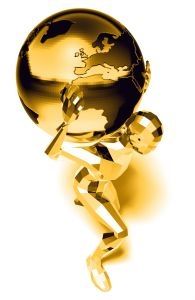
Geography of Opera
Italy. Very soon Italian opera not only conquered its own market but also spread over to the music scene of other countries, having supplanted the local talents. After finding this gold mine the Italians clearly didn't want to lose it. Various composers - like Stradella, Vivaldi, Scarlatti and many others - kept composing dozens of well-thought accurate operas that bulked in bravura arias and bright images.
Germany. Well-known for acting in a big way in everything, from war to music, the Germans decided to apply the same attitude to opera too. It all started with Mozart, who wanted to prove that German music is no worse than the Italian one. And so he did, by composing a couple of opera works that became immortal after his death. Thus, the motto for German opera sounded like that: the louder, the more pompous - the better. A vivid example to that were the works by Richard Wagner or Richard Strauss.
France. The French had their own vision, of course. The basis for their style is sentimental lyricism mixed with tense drama and the abundance of sexual elements. Jules Massenet was chosen to represent the classical French opera, the essence of which is embodied in his "Thais". Hector Berlioz , Claude Debussy and Maurice Ravel were to add up to the general picture. However, none of them would ever equal to Puccini, as most critics state.
Spain. Basically, Spanish opera consists of all the elements characteristic of the French music, plus castanets.
USA. American opera probably appeared on the world music arena due to George Gershwin's "Porgy and Bess". In general, it rather reminds of Italian opera with capitalist trend.
Eastern Europe. One can speak about different types here. First of all, imagine a crowd of people rushing about the stage either in revelry or in despair. That would be the first scenario. Or, there is another one - libretto based on mythological story line. Some of the operas like this actually conquered the West - the "Sold Bride, "Prince Igor", "Eugene Onegin" or "Golden Cockerel" are definitely among them.
China. The East has always been way different form the rest of the world. Chinese opera has little in common with Western opera, and the screeching falsetto of the singers, the loud clacking of the clappers and the noisy banging of drums and cymbals can sound strange to Western ears. But it is the costumes, variety of facial expressions, the actors' eye expressions and martial arts movements that mostly attract Western audiences.
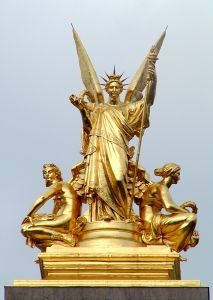
Opera in Characters
It would be really long indeed to describe the work of every outstanding opera composer in details, so let's stop at a few names that are worth mentioning along with the others.
G. Verdi. Verdi can be truly named the greatest Italian opera composer, whose long career spanned the years from his first premiere in 1836 to Falstaff in 1893. Never academic, he had an instinct for dramatic effect, and an understanding of how to write for the human voice. His early and middle operas are full of show-stopping arias and dramatic choruses, and the middle operas like Rigoletto (1851) and La Traviata (1853) show a deeper characterization and effective atmosphere. His final works, Otello (1887) and Falstaff (1893) have a flowing unity of musical and dramatic elements that make them his crowning achievement.
R. Wagner . Wagner began his career influenced by French works. However, he gradually developed a revolutionary new theory and practice of music drama. His carefully-written librettos were based mainly on subjects from legends. For him each person, place or theme in the drama was represented by a recurring musical phrase. The orchestra was given such a powerful part in his works that a new type of singer was needed in order to be heard above the instrumental competition. He had a special opera house built at Bayreuth to present his works, and still remains the greatest figure in German opera. His crowning work was the Ring cycle of four operas , intended to be heard on four consecutive evenings. No later composer could really live up to Wagner's theory of music drama, but his powerful use of the orchestra, and the continuous flow of his works strongly influenced subsequent German composers such as Richard Strauss.
G. Puccini. The last great Italian composer, Puccini, was strongly influenced by Verismo in works such as Tosca (1900). Verismo or realism was the aim of a new school of Italian composers towards the end of the 19th Century. This 'realism' was as narrow in its own way as the style it replaced, concentrating on criminal, violent lowlife and crimes of passion. The typically harsh and even sadistic treatment of Puccini's heroines was controversial at the time, but his works remain enduringly popular.
P. Tchaikovsky. Russian style of opera developed in a strongly nationalistic tradition. Tchaikovsky's plots and inspiration were derived from history, as in Eugene Onegin (1879), based on a story by Pushkin. However, due to language difficulties, it was well into the 20th century before this operatic tradition became as widely known in Western Europe and America as it deserves.
World's Favorite - If you carry out a short survey and ask people in the street what great work connected with opera come to their minds in the first turn, the
Since its debut in London's West End at Her Majesty's Theatre on October 9, 1986, this bright musical has reached an 80 million people audience. It has been staged in 18 countries of the world and was shown in more than 65,000 performances. Productions of Phantom have earned over 50 major awards.
The first Broadway production of Phantom opened at New York's Majestic Theatre in January of 1988, and since then has become the second-longest running musical in Broadway history, with more than 10.3 million people it being played to. Currently Phantom's productions go on setting records, gaining fans and thrilling the public.
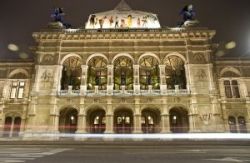
The Opera of Today
Great minds are rarely born, so no wonder that nowadays the most popular composers among the general audience are still Mozart, Wagner, Verdi and Puccini. However, they don't make up the full repertoire of today's opera houses. The varied masterpieces are still being created in the 20th-21st centuries. You would ask "Why don't we hear much of them?" and your question would sound logical. The answer is not so unclear. Contemporary composers of today don't quite get enough chance to squeeze their works into the traditional opera whirlpool, especially when we are talking about more up-to-date ways of promoting music, like Internet, for example. Of course, there are a number of websites that offer a vast collection of opera sheet music for those who are craving to refresh their repertoire; or even to publish their own creations and present their vision to the world - like it's organized at the Digital Sheet Music platform, to cite one.
Opera has brilliantly survived through many centuries and it goes on blossoming up to now. All that is changing is just the format and the way of its presentation. All that knowing composers are trying to achieve is the successful combination of the best classical traditions with individual tinge of style and, of course, modern methods of promotion of all the above mentioned. Let's see how they manage to keep up with the modern pace.
Opera Videos
Opera Music
What do you think is expecting the opera genre in the future?
